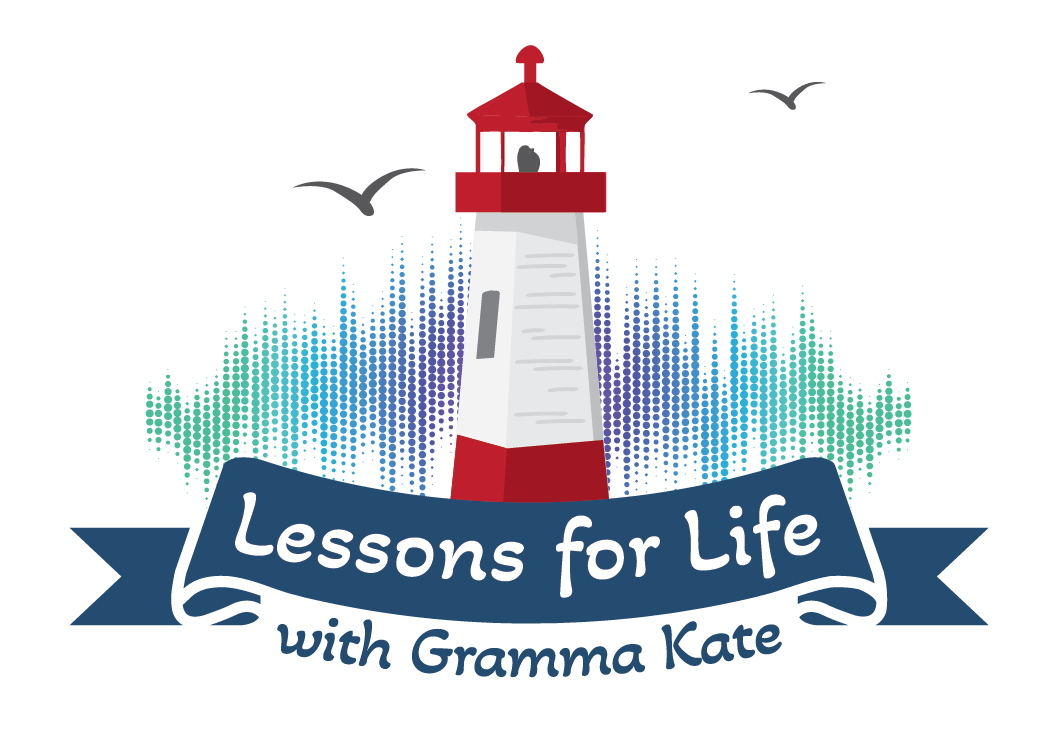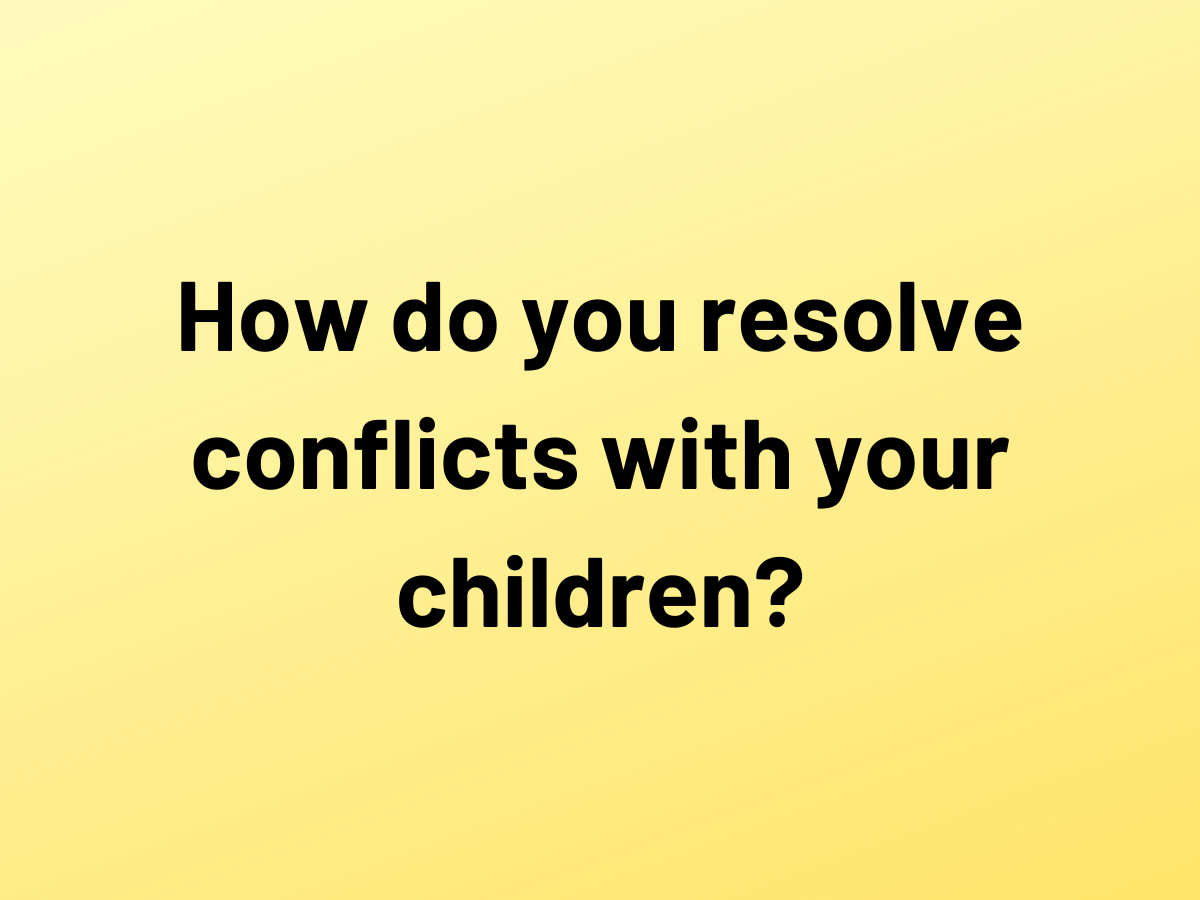Conflict resolution refers to addressing and resolving family conflicts, disagreements, or disputes. These conflicts can be related to various issues, including differences in values, parenting styles, finances, communication, and personal boundaries. Effective conflict resolution is essential for maintaining healthy relationships and promoting a harmonious family environment.
Hi, I’m Cathy, and I'm thrilled to be on this journey with you to help boost your self-esteem by sharing three skills I learned from being a parent and a grandparent that changed my life and my family.
The three skills are assertive communication, conflict resolution, and setting healthy boundaries to cultivate a nurturing and happy family environment. I'm not here to dwell on your past parenting mistakes but to focus on unlocking your full potential and creating lasting positive changes for you and your family.
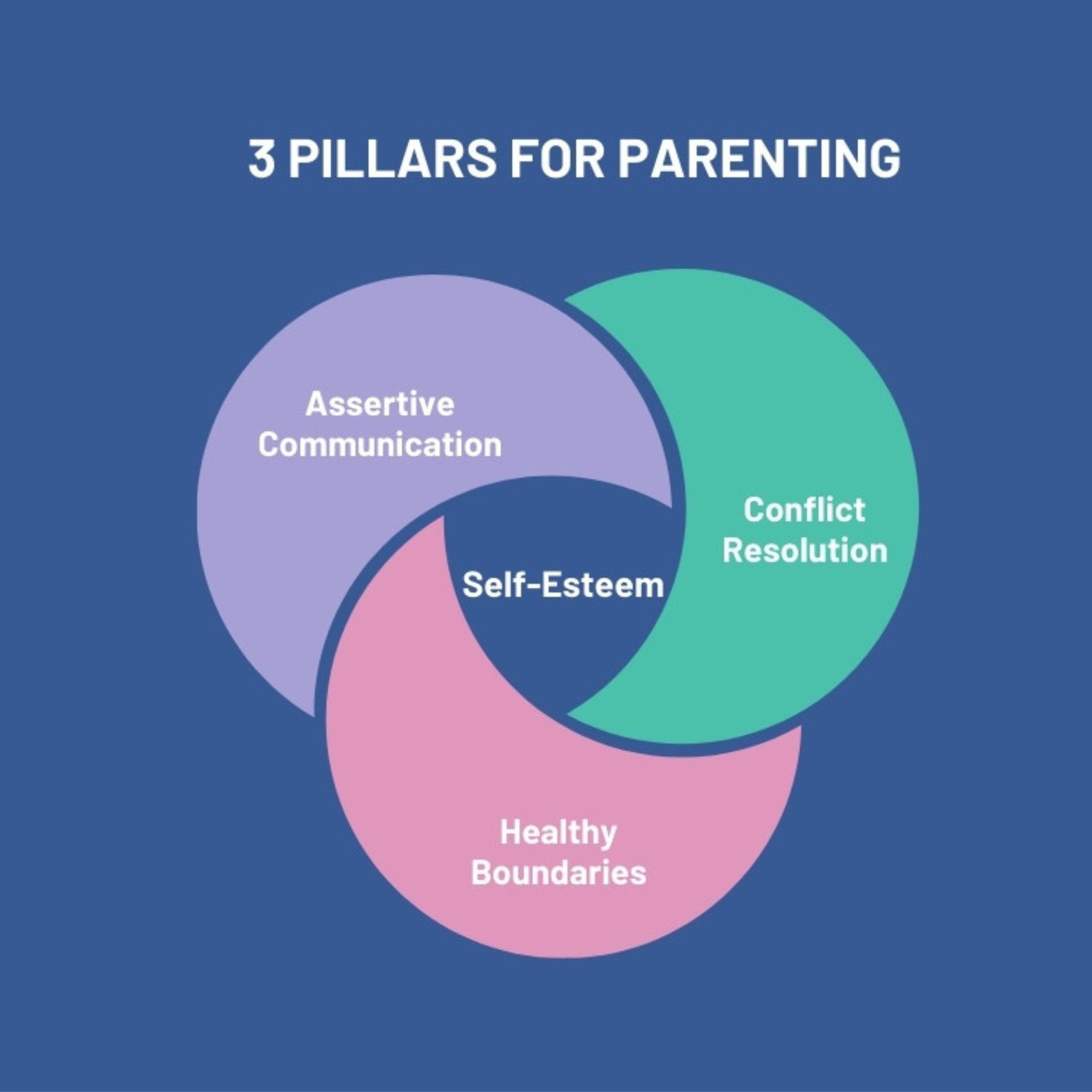
Here is a personal story about my parenting journey. The way I was raised profoundly impacted me, leading to low self-esteem, anxiety, depression, and poor life choices that persisted into adulthood. Some of these choices included how I parented my children. I reacted the same way I was parented, without any thought about my actions. I finally saw the light when, in anger, my husband pointed out how I behaved. It began in my family kitchen when I experienced the moment that changed my life as a parent.
As mentioned, I was in a heated argument with my husband and oldest daughter. I was yelling uncontrollably, and it felt like my anger and frustration were spiralling out of control. My focus was on punishing them for not behaving the way I thought was best. I couldn't understand why they wouldn't just do as I said, and the more they resisted, the louder I yelled. I never considered their perspective, and then my husband's words hit me. I realized then how I had affected my family, and I felt sick to my stomach. At that moment, I decided I didn't want to perpetuate the past, so I started on a journey of self-discovery to be a better parent, and in doing so, I became a better person. One area I focused on was learning about diffusing heated arguments.

Today, I am exploring the topic of conflict resolution.
Conflict is a natural part of life; we all encounter it at various stages. As parents, guiding our children through conflicts and teaching them practical problem-solving skills is crucial to their emotional development. In this blog, I’ll delve into the definition of conflict resolution, explore its numerous benefits, and provide practical tips on navigating through conflicts with your children.
Defining Conflict Resolution:
Conflict resolution refers to addressing and resolving family conflicts, disagreements, or disputes. These conflicts can be related to various issues, including differences in values, parenting styles, finances, communication, and personal boundaries. Effective conflict resolution is essential for maintaining healthy relationships and promoting a harmonious family environment.
Disputes can be particularly challenging when tempers are running high. Repeated conflicts and negative
interactions can harm a child's self-esteem, as they may internalize the belief that they are always causing trouble or incapable of pleasing their parents.

4 Benefits of Conflict Resolution:
By learning to navigate conflicts effectively, your children will:
1. Enhance Communication Skills: Conflict resolution encourages your child to convey their thoughts and feelings freely. As a parent, it is crucial to remain non-judgemental as your child learns how to express themselves appropriately.
2. Builds Empathy: Solving problems means seeing things from other people's points of view. It's putting yourself in their shoes and understanding how they feel. Learning about empathy helps your youngsters learn to appreciate different ways of thinking.
3. Promotes Problem-Solving Skills: Conflict resolution equips your children with problem-solving techniques by identifying problems, brainstorming solutions, and evaluating outcomes. Problem-solving is a valuable skill children can use in various aspects of their lives.
4. Strengthens Relationships: Dealing with conflicts builds trust and reduces resentment, creating happier and healthier family relationships.
Now that we understand the significance of conflict resolution, let's explore some practical ways to teach your children this essential skill.
How to Resolve Conflicts:
Actively Listen: Encourage your child to actively listen to the other person's perspective without interrupting. Active listening helps create a foundation for mutual understanding. Teach them to listen to understand, NOT to reply.
Express Their Feelings: Teaching your children to express their feelings with "I" statements gives them a superpower for better communication. For example, instead of saying, "You always take my toys," they could say, "I feel upset when I see you playing with my toys without asking first." Using “I” statements helps parents and children share their feelings without making the other person feel blamed and opens the door for a more understanding conversation.
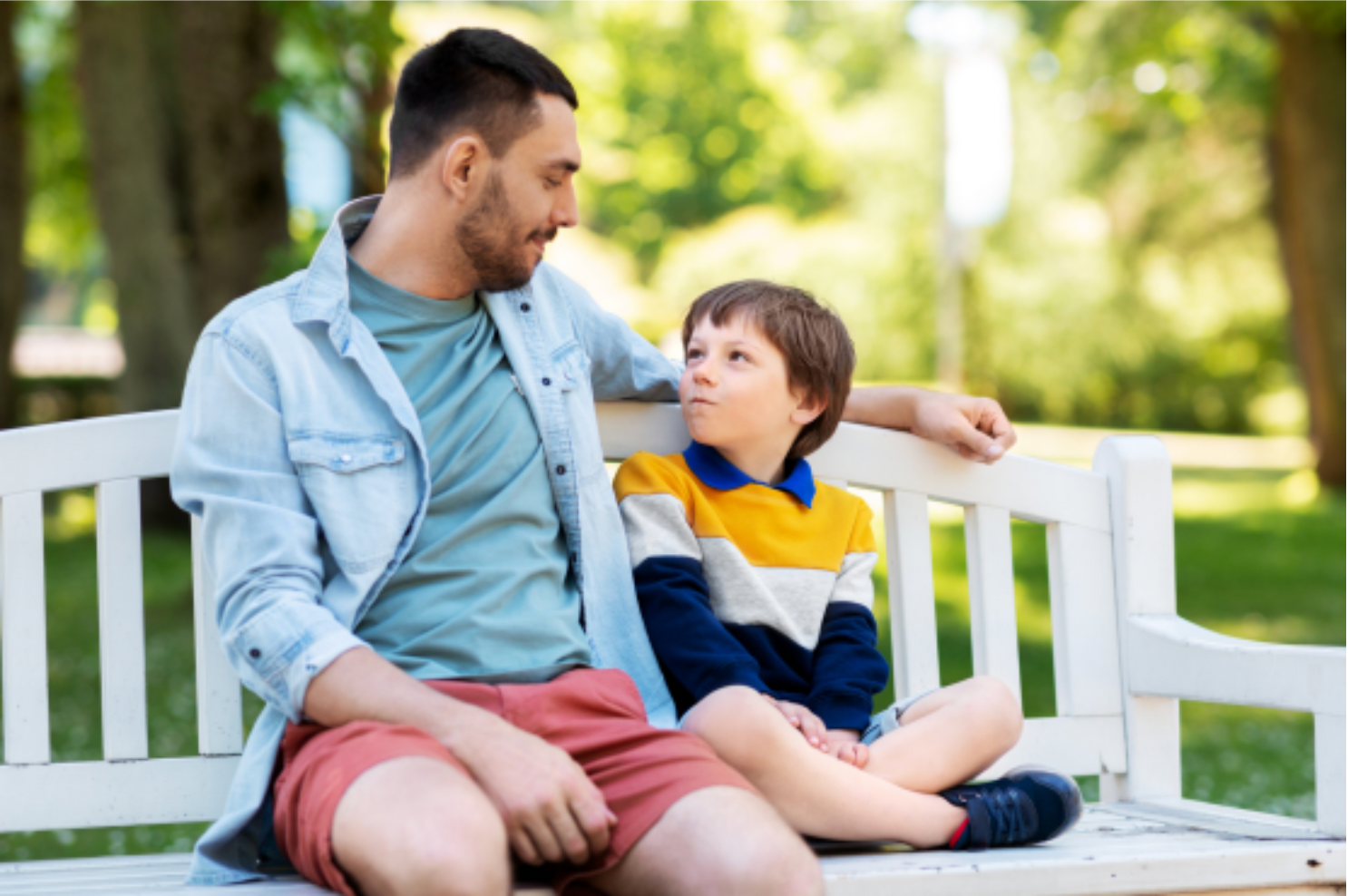
Brainstorm Solutions: Encourage your children to think creatively and devise multiple solutions to the problem. Brainstorming empowers them to actively participate in finding solutions.
Find a Compromise: Emphasize the importance of finding a middle ground. Teach your children that compromise doesn't mean giving up entirely but finding a solution that benefits everyone.
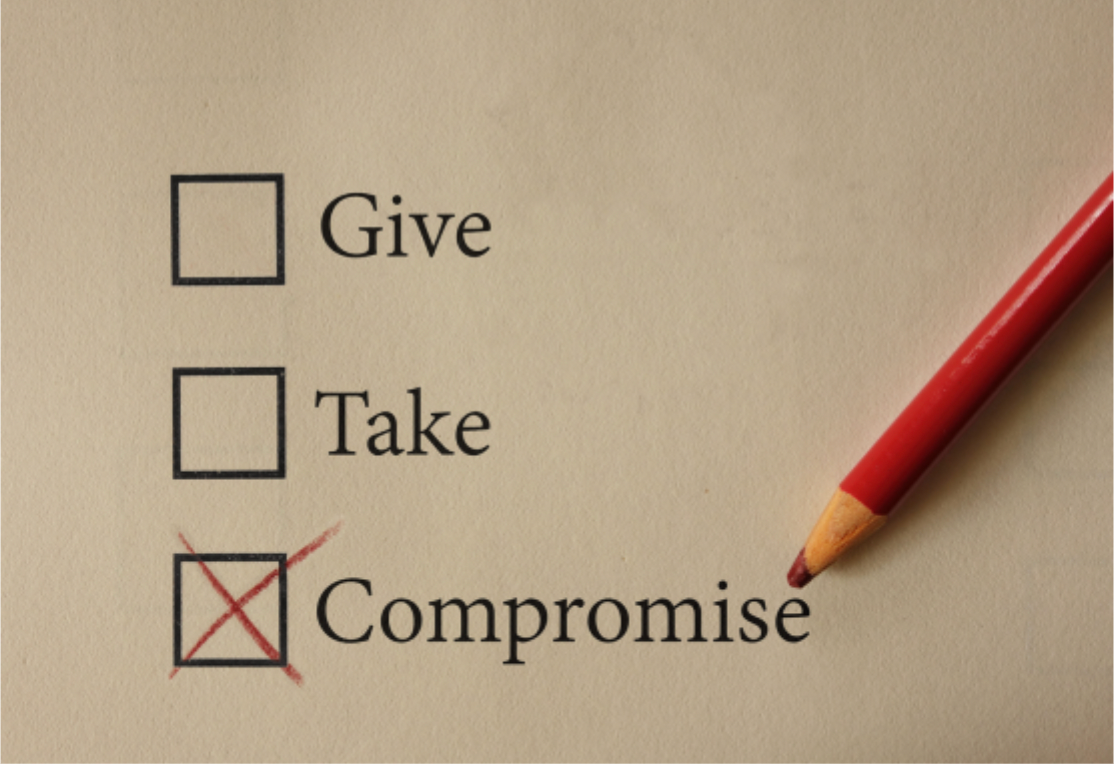
In conclusion, teaching your children conflict resolution skills is an investment in teaching them how to handle themselves for future relationships. Using these strategies fosters a harmonious family environment and empowers your youngsters, which will help them throughout their lives.
Remember, the key is to lead by example and create a safe space for open communication within your family.
Change begins with ourselves!
Build self-confidence: Boost your parenting with a 2-Minute Quiz
I wish you heartfelt warmth and support on your parenting journey!
Cathy
Wish Setting Boundaries Was Easier?
Grab your FREE 7-day guide and create boundaries that bring you peace and balance!
All Rights Reserved | Cathy Barker
Site Designed and Developed by Client First Web Design & Graphics
